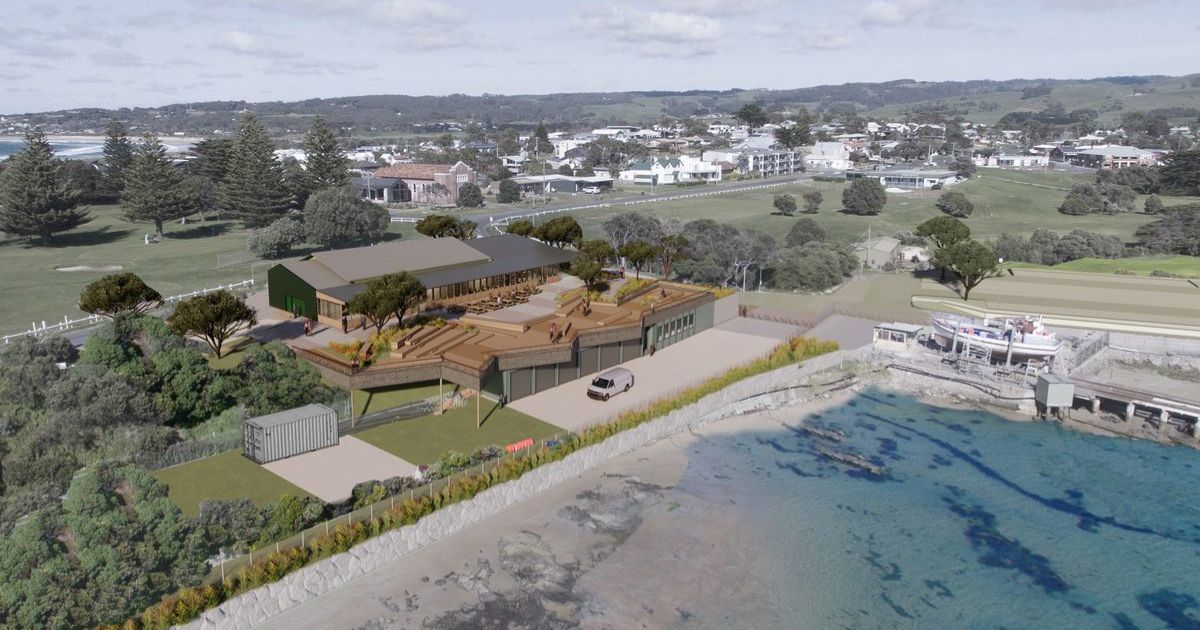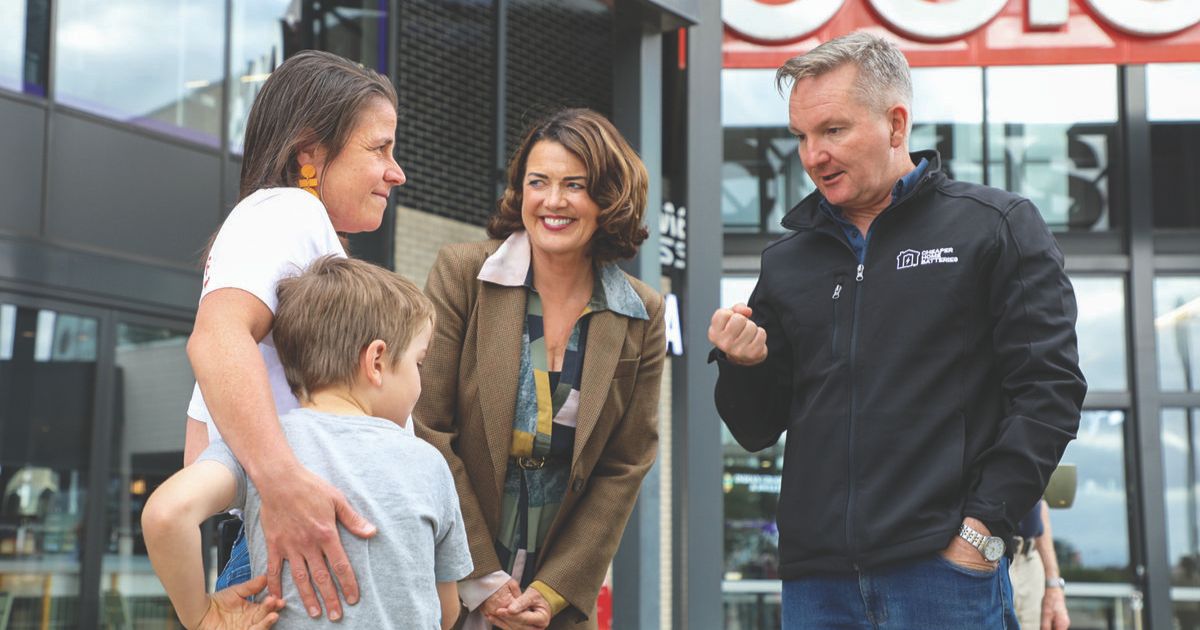Kidney stone: plastic makes concrete fantastic
A BY-PRODUCT of dialysis could help improve sustainability in the construction industry, with an innovative Deakin University recycling project proposing to turn hospital waste into better concrete.
A team at Deakin’s School of Engineering is behind the new project, which could ultimately save the thousands of tonnes of plastic waste created in Australia each year through dialysis treatment from the scrap heap.
The project is a collaboration between Deakin’s Dr Riyadh Al-Ameri and nephrologists Dr Katherine Barraclough from the Royal Melbourne Hospital and Professor John Agar from Barwon Health’s University Hospital Geelong, and came about when the kidney specialists approached Deakin to find a practical solution to their waste issue.
Dr Al-Ameri said the project could solve two problems in one, with the waste plastic used to prevent corrosion of steel bars used in concrete, which is a major issue for the industry.
“Concrete can crack and damage the internal bond, which can then lead to water penetration and corrosion of the steel bars, critical for providing the strength and integrity of concrete structures.
“If we are able to facilitate production of new types of concrete that will offer better protection, give structures longer life and better performance, as well as help recycle plastic waste, that will be a great achievement.”
Dr Barraclough said each dialysis treatment created between one and three kilograms of plastic waste, and with more than 12,000 Australians on dialysis, that added up to about 5,100 tonnes of plastic waste per year.
“With increasing numbers of people requiring dialysis in Australia and worldwide, we need to work out ways to reduce the costs of care delivery, as well as play our part in ensuring a healthy environment for future generations.”
As part of initial testing, Dr Al-Ameri’s team added the shredded plastic waste to a concrete mix at concentrations of 0.5 per cent and 1 per cent by weight of concrete, with results showing this made a product that was more durable and significantly more waterproof.
“The 30 per cent decrease in water absorption we found is significant and would be expected to improve resistance of concrete to corrosion,” Dr Al-Ameri said.
The project is being supported by funding from Fresenius Medical Care, a global provider of dialysis products and services.


















